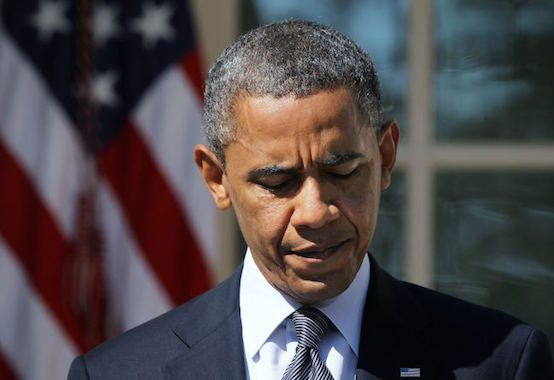Debating the Nuclear Deal

Ruth Marcus quibbles about the arguments being used to defend the nuclear deal:
The best argument for the deal is, simultaneously, the most infuriatingly circular: Support this agreement because at this point no other alternative is or can foreseeably be available.
As most readers will recognize very quickly, this is not a circular argument but rather a plain statement of fact. If one wants to limit Iran’s nuclear program significantly and make it practically impossible for Iran to build a nuclear weapon for at least the next fifteen years, this deal is the only real means available to do that. Not only is there no “better deal” to be had, but rejecting this one would result in all the things that critics claim to worry about without doing anything to restrict the nuclear program. Marcus doesn’t seem to understand this fully:
This argument is compelling, but it leaves no space for those who have legitimate concerns about the deal–who worry about the billions of dollars freed up for terrorists; who suspect that the negotiators gave in too soon on the timeline for Iran resuming nuclear proliferation; who are concerned that the inspection regimen remains too porous or doubt the real-world efficacy of snapback sanctions. You don’t have to be an ideologue, or an idiot, to have serious qualms.
There is a difference between having qualms and resolutely ignoring the explanations that address these concerns. If one doubts the efficacy of “snapback” sanctions, one should also be able to recognize that international support for sanctions will quickly vanish in the absence of the deal. It is possible that the “snapback” provision will not work as well as hoped, but it is quite certain that international support for sanctions will fade and disappear and definitely isn’t coming back in the absence of a deal. If one is concerned that the inspections regime is not strong enough, it makes no sense to reject the deal that ensures that there will nonetheless be a fairly intrusive inspections regime. One may worry about how Iran will use money obtained through sanctions relief, but then one should also understand that the choice is between sanctions relief with restrictions on the nuclear program and the collapse of most sanctions without any restrictions on the program. All of these concerns reflect a desire for an imaginary deal that includes no compromises or trade-offs, but no such agreement will ever exist on this or any other issue. One needn’t be an ideologue to want such an imaginary deal at first, but one does have to be an ideologue to cling to this fantasy long after it has been shown again and again to be illusory.
The odd thing about Marcus’ hand-wringing over pro-deal rhetoric is that she is commenting on the final stage of a debate that has been going on for at least the last two years. During that time, opponents of the interim agreement and the final agreement have indulged in some of the most unhinged, offensive, and fanatical rhetoric in their “arguments.” Obama’s rhetoric in recent weeks has been comparably very mild. If he is not taking “pains to recognize and validate the legitimate concerns of those on the opposite side,” it is probably because he realized some time ago that most of the opponents of the deal have been arguing in bad faith and were going to oppose the agreement tooth-and-nail no matter what it contained.
Comments